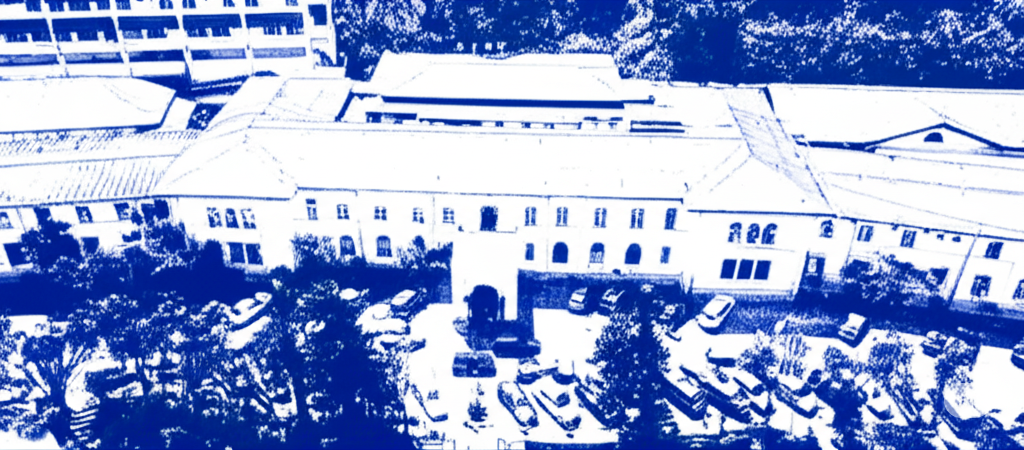Republic Act 11084: Boosting Healthcare Capacity in Baguio

Republic Act No. 11084, signed into law on September 26, 2018, stands as a significant Philippine legislation aimed at substantially improving healthcare services in the Cordillera Administrative Region by increasing the bed capacity of the Baguio General Hospital and Medical Center (BGHMC) in Baguio City. This crucial piece of legislation was principally authored in the House of Representatives by Baguio City's lone district representative, Congressman Mark Go.
Titled "An Act Increasing the Bed Capacity of the Baguio General Hospital and Medical Center From Five Hundred (500) to Eight Hundred (800) Beds and Appropriating Funds Therefor,"1 the law mandates a 60% increase in the hospital's bed capacity, from the previous 500 beds to 800. This expansion was a direct response championed by Congressman Go and other proponents to address the growing healthcare needs of Baguio City and the surrounding provinces served by BGHMC, which frequently faced challenges with overcrowding and strained resources.
Congressman Go's authorship of House Bill 6619, which became the basis for Republic Act 11084, underscored his commitment to enhancing the healthcare infrastructure in his constituency. His initiative was instrumental in pushing for the legislative action required to facilitate the much-needed expansion of BGHMC.
Beyond merely increasing the number of beds, Republic Act 11084, as envisioned by its authors, also necessitates the upgrading of the hospital's existing service facilities and professional healthcare services to be commensurate with the expanded capacity. This includes improving medical equipment, infrastructure, and the range of specialized services offered to ensure quality patient care aligned with the increased patient intake.
A crucial component of the act, strongly advocated for during its deliberation, is the corresponding increase in the BGHMC's workforce. The Department of Health (DOH), in coordination with the Department of Budget and Management (DBM) and the Civil Service Commission2 (CSC), is tasked with determining and creating the necessary additional plantilla positions to support the increased bed capacity and upgraded services. This aims to address potential staffing shortages that could arise from the hospital's expansion and ensure that the quality of care is not compromised.
The implementation of the increase in bed capacity and the associated upgrades is stipulated to be carried out over a period not exceeding three years from the effectivity of the act. The Secretary of Health is responsible for including the funding requirements for the implementation of Republic Act 11084 in the annual General Appropriations Act, a process that requires continued legislative support, which Congressman Go has actively pursued.
Furthermore, the enactment of Republic Act 11084 repealed Republic Act No. 8634, the previous law that had increased the bed capacity of BGHMC from 400 to 500 beds. This signifies a comprehensive legislative update concerning the hospital's authorized capacity, superseding prior mandates.
The Department of Health has since issued the Implementing Rules and Regulations (IRR) for Republic Act 11084 through Administrative Order No. 2019-0016. This detailed guideline provides the framework for the systematic implementation of the law, outlining the responsibilities of various stakeholders and the procedures for achieving the mandated increase in bed capacity, upgrading of services and facilities, and augmentation of the workforce, building upon the foundation laid by Congressman Go's principal authorship.
In essence, Republic Act 11084 is a vital piece of legislation that directly addresses the need for enhanced healthcare infrastructure and services in Northern Luzon through the significant expansion of the Baguio General Hospital and Medical Center. Congressman Mark Go's role as the principal author of the House Bill that led to this act highlights his dedication to improving healthcare access and quality for his constituents and the broader community served by BGHMC. Its successful implementation is expected to improve access to quality medical care for a larger population and alleviate the burden on the existing healthcare system in the region.